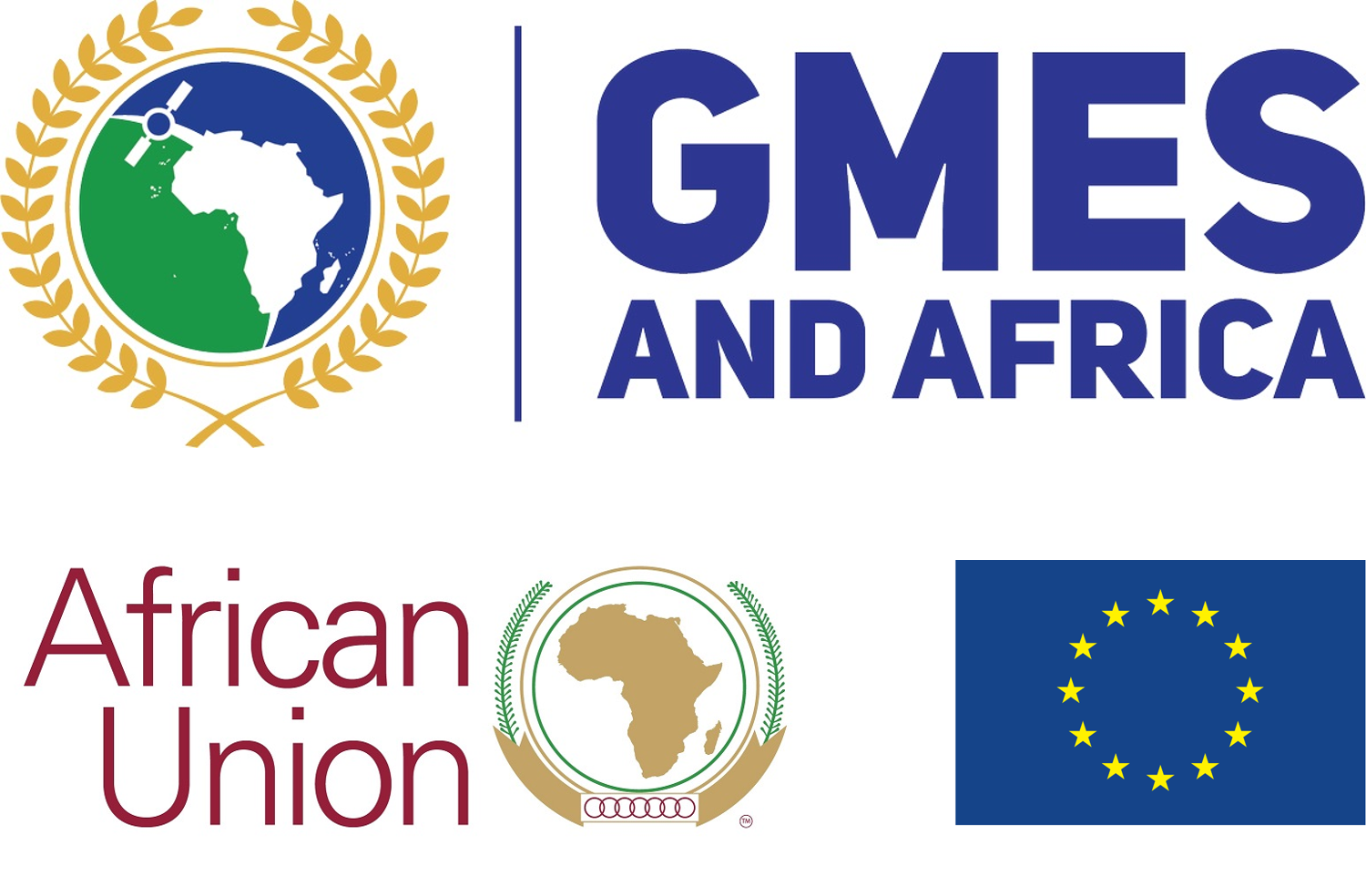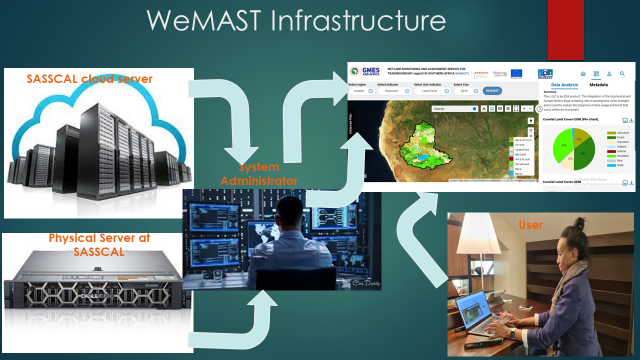At the recent GMES and Africa Southern African Regional Workshop, the Wetland Monitoring and Assessment Service for Transboundary Basins (WeMAST) showcased major strides in using Earth Observation (EO) technologies to drive environmental sustainability, community empowerment, and inclusive capacity development across Southern Africa.
Spearheaded by SASSCAL, the WeMAST initiative unveiled new digital tools on its Geoportal, including a user-friendly mobile application for offline data collection and real-time validation. Software Developer Albano Santos presented these innovations, highlighting the integration of the Dunia cloud-based platform (developed by GeoVille and supported by ESA) for automating satellite data analysis. New services like Water Extent Monitoring and AgriWatch provide real-time insights into flood risks and agricultural productivity, supporting both conservation and food security.
Alongside technical innovation, WeMAST is deeply committed to real-world impact. Mukendoyi Mutelo of OKACOM emphasized how the platform is helping safeguard the Cubango-Okavango River Basin a globally significant ecosystem by supporting basin-wide monitoring, flood prediction, and land use assessments. Tools such as land cover change detection and wetland degradation tracking are directly informing regional cooperation and ecosystem protection strategies.
Bridging innovation with grassroots engagement, WeMAST’s communications lead, Sharon Kavhu-Da Fonseca, presented on the project’s community-centered approach. Through podcasts, visual storytelling, field workshops, and gender-responsive outreach, WeMAST is ensuring EO tools are accessible and usable by end-users particularly those in remote, climate-vulnerable areas. From Zimbabwe to Namibia, training sessions have translated satellite data into community empowerment, with a sharp focus on increasing women’s participation and addressing digital gaps.
The platform is also advancing ecosystem health monitoring, incorporating water quality tracking aligned with the Ramsar Convention’s wetland definition. Using the DPSIR Framework, Santos showed how WeMAST links satellite insights with policy action, helping governments and stakeholders identify not only what is changing in wetlands but why, and how to respond.
Topping off these achievements is WeMAST’s expanding capacity development programme, led by Prof. Thomas Marambanyika. With over 226 professionals trained including 89 women and dozens of youth the initiative is cultivating a new generation of EO-literate leaders. Training modules, digital resources, and postgraduate support have all contributed to building stronger institutional and individual competencies across the region.
As pressures on wetlands intensify from climate change, population growth, and unsustainable land use, WeMAST stands out as a transformative model. By turning EO data into actionable insights, fostering local ownership, and championing inclusive learning, the project is setting the pace for data-driven environmental stewardship in Africa.
WeMAST isn’t just a platform it’s a movement for resilience, equity, and sustainability.
Ends




Leave a Reply